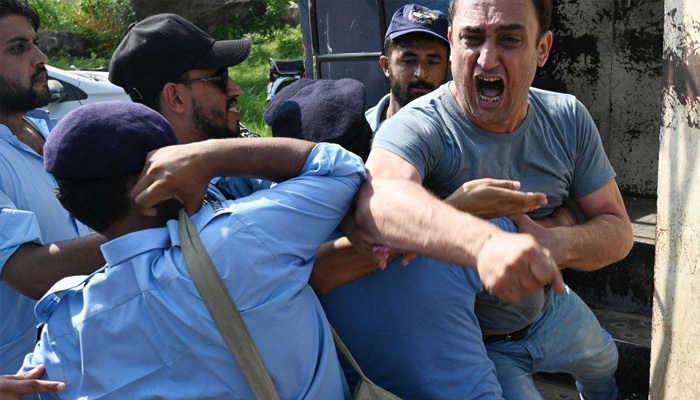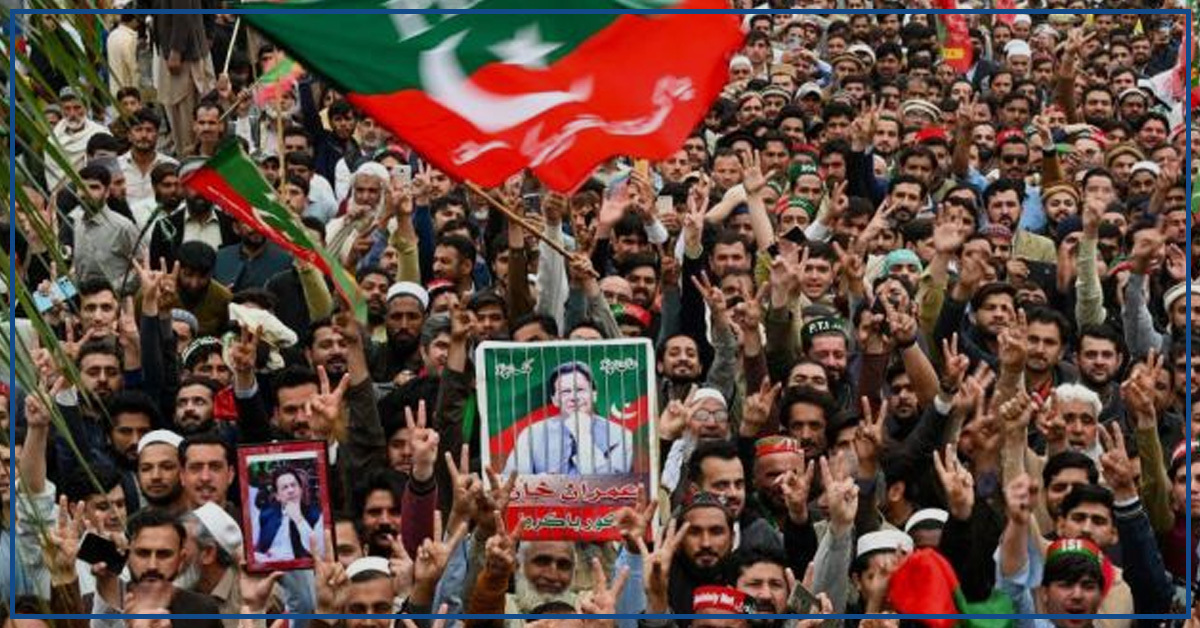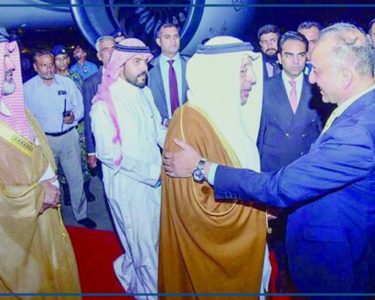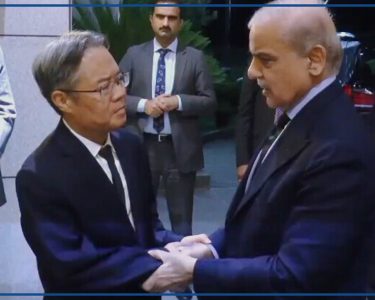For weeks, shipping containers have been lining the roads around Islamabad, ready to be deployed as roadblocks in case of protests. The capital has become accustomed to having areas sealed off whenever unrest seems imminent, serving as a constant reminder of the city’s precarious situation.

On Sunday, these containers were prominently used to block 29 routes around the city. Thousands of supporters of Imran Khan’s Pakistan Tehreek-e-Insaf (PTI) rallied towards Islamabad, waving flags and banners, with a large poster of the former prime minister floating above the crowd. Some attendees wore masks of Khan’s face, and chants of “Imran Khan Zindabad” (long live Imran Khan) filled the air.
Despite the massive turnout, Khan, who has been imprisoned for over a year on corruption and state secrets charges, was not present. Khan has denounced these charges as politically motivated. Although his convictions have been overturned and a UN working group has declared his detention arbitrary, his release remains uncertain, largely due to the influence of Pakistan’s military.
At the rally, PTI leaders made bold promises. Khyber Pakhtunkhwa Chief Minister Ali Amin Gandapur declared, “If Imran is not released legally within a week or two, we will release him ourselves. Are you ready?”
This rhetoric led to a swift crackdown. The following evening, social media and news channels reported that arrests had begun. Footage from Pakistan’s parliament showed MP Gohar Ali Khan being escorted out by police, and CCTV footage from Shoaib Shaheen’s office captured him being hurriedly removed. While the police confirmed three arrests, PTI claimed more than ten of their members were detained, with only some released later.
The arrests were reportedly made under the new Peaceful Assembly and Public Order Act 2024, which restricts public gatherings and imposes severe penalties for “illegal” assemblies. Although PTI had permission for their rally, police cited a breach of the event’s time limits and a resulting “serious law and order situation” as reasons for the crackdown.
This situation reflects a prolonged conflict between PTI and the authorities. Michael Kugelman of the Wilson Centre warns that this ongoing power struggle could further destabilize Pakistan, already grappling with economic and security challenges. He notes that the military’s crackdown on PTI, exacerbated by the social media era, appears increasingly severe and undemocratic.
Digital rights advocates criticize the government’s restrictions on online activities, including the blocking of X (formerly Twitter) without a VPN and the creation of an online firewall, seen as attempts to stifle PTI’s social media influence.
Political commentator Mehmal Sarfraz warns that internal conflicts between political parties may benefit a third force—the military—which has historically wielded significant influence over Pakistan’s politics. She argues that without dialogue between political parties, the hybrid regime could solidify.
Imran Khan and PTI remain defiant, with no intention of negotiating with other parties. While they continue to mobilize support and keep Khan’s name in the headlines, they struggle to secure his release. The ongoing confrontations and new measures suggest a continued and escalating power struggle, with uncertain long-term impacts on Pakistan’s political landscape.





